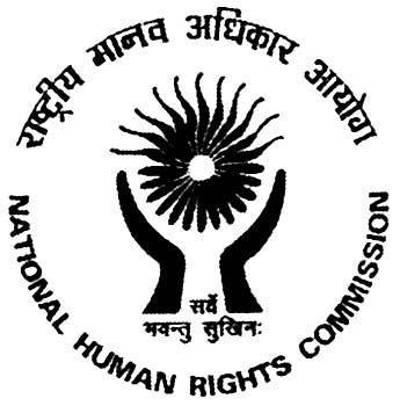The National Human Rights Commission (NHRC), India, hosted a national symposium on Women’s Safety at Work and in Public Spaces today at the India Habitat Centre, New Delhi. The event, chaired by NHRC Acting Chairperson Smt. Vijaya Bharathi Sayani, highlighted ongoing challenges and proposed measures to enhance women’s safety.
Smt. Sayani emphasized that despite significant legal and policy efforts for women’s empowerment, barriers persist in both workplaces and public areas. She called for a holistic approach to addressing these issues, stressing the need for a collective response to violent sexual abuse, improved implementation of existing laws, and better support mechanisms for survivors.
NHRC Secretary General Shri Bharat Lal opened the discussion, addressing the specific challenges faced by women aged 18-30, who are increasingly entering the workforce and public spaces. He highlighted the need for collective societal efforts to improve their safety.
Director General Shri Ajay Bhatnagar discussed the role of unequal power dynamics in violence against women. He advocated for equity over mere equality and stressed the importance of media responsibility in not glorifying criminal behaviors, as well as involving men and boys in creating a safer environment.
NHRC Joint Secretary Smt. Anita Sinha highlighted the psychological impact of trauma on women and its potential to deter other women from participating in public life. She called for collective action to prevent such incidents.
The symposium included representatives from various ministries, national commissions, and law enforcement agencies, who reviewed government initiatives like the Nirbhaya Fund, Mission Shakti, the Safe City Project, SHE-Box 2.0, and increased police surveillance.
Key suggestions from the discussions included:
- Conducting safety and social audits of cities and institutions to identify gaps in women’s safety.
- Enhancing the implementation of laws to ensure effective outcomes.
- Introducing comprehensive gender sensitization programs at all levels, including educational institutions and workplaces.
- Establishing media guidelines for reporting crimes against women.
- Encouraging bystander intervention and viewing women’s safety as a collective societal responsibility.
- Ensuring workplaces have active Internal Complaints Committees (ICCs) to foster a safe environment for women.
The symposium concluded with a commitment to further deliberations on these suggestions to finalize actionable recommendations. The event saw participation from prominent figures including Ms. Meenakshi Negi, Member Secretary of the NCW, Ms. Rupali Banerjee Singh from the NCPCR, and representatives from various organizations and institutions dedicated to women’s safety and empowerment.











